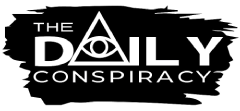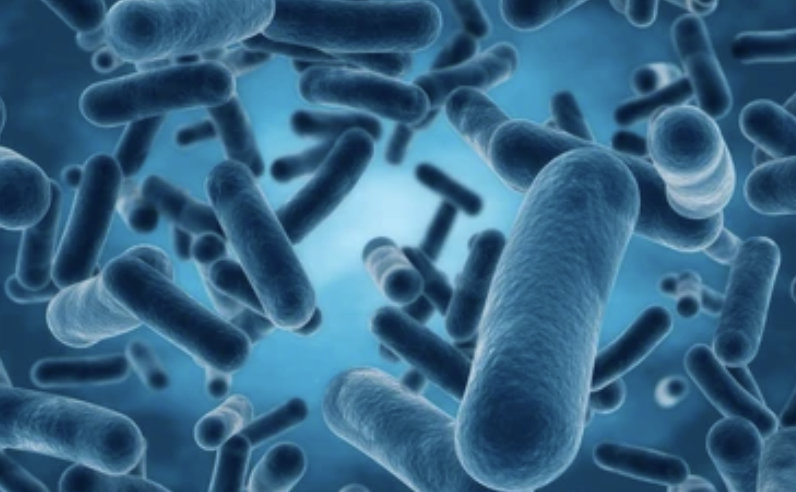The concept of prioritizing the welfare of charismatic megafauna, such as elephants and tigers, has dominated the public’s attention when it comes to animal conservation. However, in recent years, there has been a growing movement to extend moral concern beyond these popular species. The idea that all animals, regardless of their perceived attractiveness or majesty, deserve consideration is gaining traction. This raises questions about how we should prioritize different species. Should we be concerned about the well-being of insects, fish, or even microorganisms?
The concept of the moral circle, which defines the boundary of individuals deemed worthy of respect and consideration, has traditionally included only humans. However, there is an increasing recognition that animals, both terrestrial and aquatic, should also be part of this circle. Some proponents argue that even insects, microorganisms, and potential future forms of artificial intelligence might deserve moral consideration if they have conscious experiences, including happiness and suffering. If these beings can experience pain, it is argued that we should take steps to prevent it.
Utilitarianism, a moral theory focused on achieving the greatest good for the greatest number, is often used to examine these ethical questions. Philosopher Derek Parfit’s “repugnant conclusion” suggests that a larger population with lower average welfare may still have more total welfare than a smaller population with higher average welfare. Following this reasoning, the vast number of smaller life forms, such as insects, might possess more welfare to consider than the much smaller human population.
The historical perception of nonhuman animals has undergone significant changes. In the past, theologians like Thomas Aquinas believed that only humans had moral worth due to their possession of immortal souls and reasoning abilities. Philosopher René Descartes considered nonhuman animals to be automata without thoughts or feelings. However, philosophical works like Peter Singer’s “Animal Liberation” and Tom Regan’s “The Case for Animal Rights” challenged these views and brought attention to the capacity of animals to experience happiness and suffering.
While it is difficult to ascertain if insects and microorganisms experience happiness or suffering, their vast numbers suggest that their expected total welfare may outweigh that of humans. However, this does not mean that we should abandon human projects and focus solely on protecting these smaller beings. Measuring subjective experience and quantifying welfare are complex tasks, and different perspectives exist regarding the importance of total welfare versus average welfare. Additionally, questions arise about whether this moral consideration extends to plants as well.
The understanding of these complex moral considerations is still in its infancy, and our knowledge about the experiences of smaller creatures like microbes and plants is limited. As we gain more insights, it is essential to factor in the experiences of nonhuman creatures in our moral deliberations. The assumption that we have complete knowledge about other species is flawed, and a humble approach to our understanding is warranted.
Ultimately, the call is not to prioritize microbial welfare over human welfare but to give greater consideration to the well-being of microbes and other less charismatic beings. Excluding certain individuals from our moral circle has historically led to regrets, and it is crucial to learn from these past mistakes. While the real world is more complex than thought experiments, it is important to recognize the potential moral significance of beings that differ from us, even if we consider ourselves to be of higher importance. Failing to do so would be a disheartening repetition of past oversights, with trillions of lives at stake.

